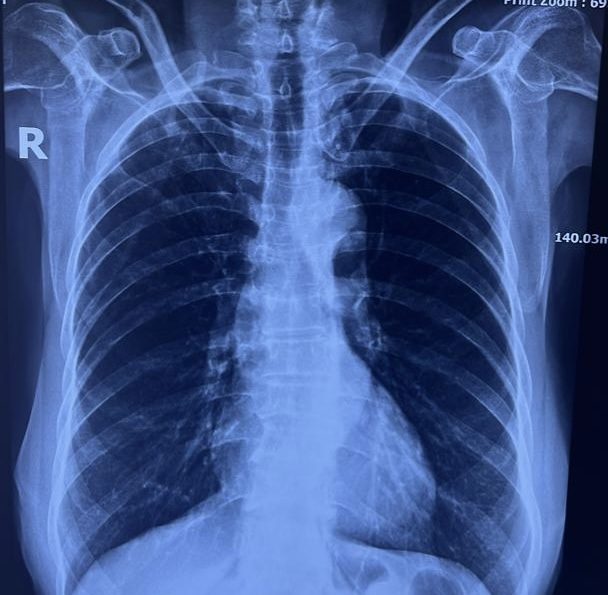Background:
Rheumatoid arthritis (RA) patients often face higher cardiovascular risks due to chronic inflammation. Biologic disease-modifying antirheumatic drugs (biologic drugs) help control this inflammation, especially in those who don’t respond well to conventional treatments. This study examined how using biologic drugs affects the relationship between disease activity, inflammation, and long-term cardiovascular risks in RA patients.
Methods:
Researchers followed 4,370 RA patients without prior cardiovascular disease over time. They tracked major cardiovascular events, such as heart attacks, strokes, and cardiovascular deaths, and any ischemic cardiovascular events (CVE), which include major cardiovascular events and other heart-related issues. They used various statistical models to analyze the impact of disease activity, inflammation, and biologic drug use on these risks, while adjusting for factors like age, gender, and smoking.
Results:
• Over 26,534 patient-years, there were 239 first major cardiovascular events and 362 total ischemic CVE recorded.
• For patients not using biologic drugs, the incidence rates of major cardiovascular events and ischemic CVE were 9.3 and 14.2 events per 1,000 patient-years, respectively. For biologic drug users, the rates were lower at 5.4 and 8.2 events per 1,000 patient-years.
• Higher disease activity and inflammation were linked to greater major cardiovascular event risk in non-biologic drug users but not in biologic drug users. This suggests that biologic drugs might have additional benefits, such as stabilizing atherosclerotic plaques, beyond reducing systemic inflammation.
Conclusion:
Using biologic drugs appears to mitigate the increased cardiovascular risks associated with high disease activity and inflammation in RA patients. This highlights the potential of biologic drugs to provide specific cardiovascular benefits, possibly through stabilizing plaques in arteries.

